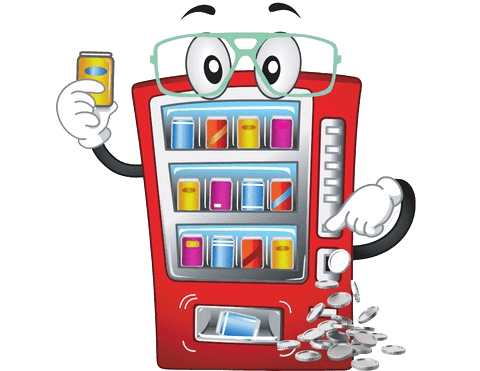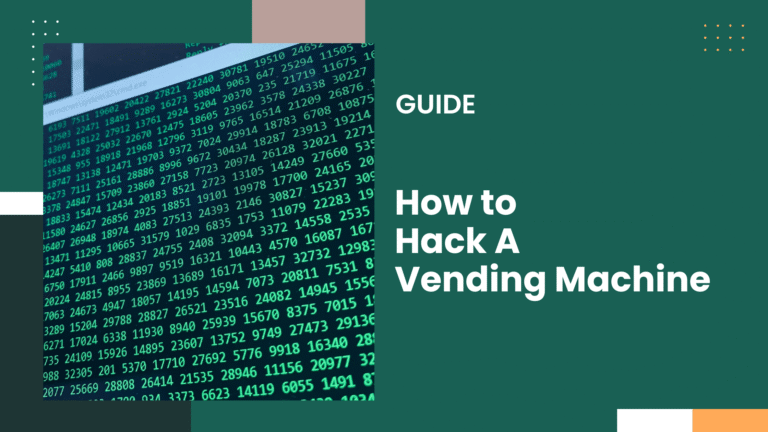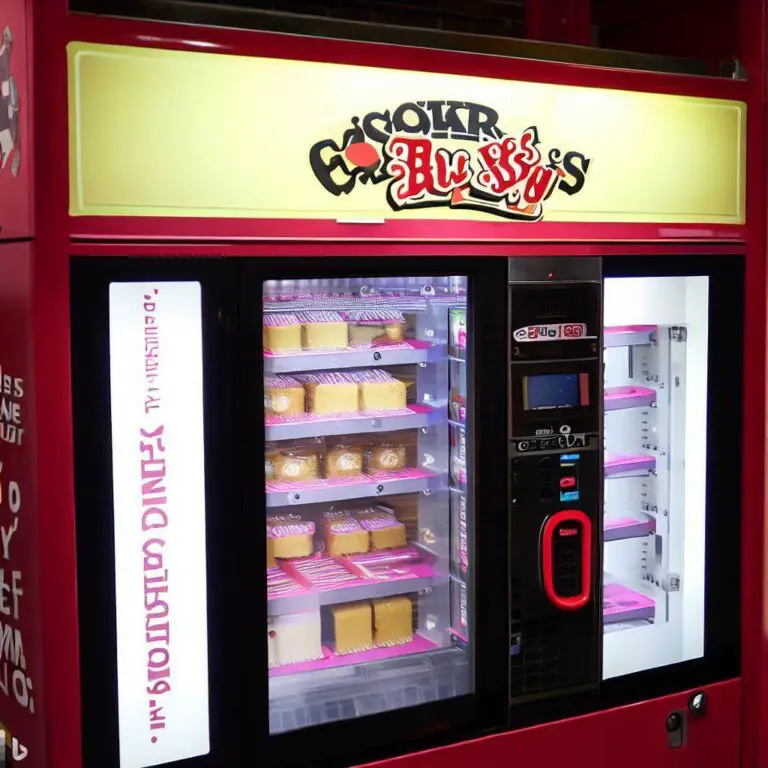Vending Machine Agreement Template PDF: Rental/ Lease Download
Download Free Vending Machine Agreement Template PDF for rental or lease. Customize this draft contract to set clear terms, protect both parties, and simplify your vending business setup.
Vending Machine Contract Template
Legal Framework & General Rules
Before using a vending machine placement agreement, it is important to understand the basic legal principles that typically apply in the United States:
- Contract Law Principles — Agreements must have an offer, acceptance, and consideration (payment or value exchanged). Courts enforce written contracts when the terms are clear and voluntarily agreed to.
- Uniform Commercial Code (UCC) — Many states follow the UCC, which governs commercial transactions, including the sale of goods through vending machines.
- Property Law — The property owner controls the premises and grants limited rights to the vending operator through the agreement.
- Agency & Independent Contractor Rules — Unless explicitly stated, parties are independent contractors; the agreement prevents unintended partnerships or employer–employee relationships.
- Health & Safety Regulations — Vending operators must comply with federal, state, and local health codes, especially when selling food and beverages.
- Consumer Protection Laws — Machines and products must comply with labeling, pricing, and accessibility requirements.
- Insurance & Liability Standards — Liability is generally allocated by contract, but operators are expected to carry insurance to reduce risks.
- Dispute Resolution Standards — Agreements may specify mediation, arbitration, or court jurisdiction to streamline conflict resolution.
Guide to the Vending Machine Placement Agreement
When entering into a vending machine business arrangement, it is important for both the property owner and the vending operator to clearly understand their rights and responsibilities. Below is a guide that explains the major provisions of a typical Vending Machine Placement Agreement.
1. Purpose of the Agreement
This agreement defines the business relationship between a Property Owner (who provides a location) and a Vending Operator (who supplies and manages the vending machines). It ensures clarity on revenue, maintenance, and liability.
2. Key Contract Sections
A. Parties and Background
Who is involved? Lists the property owner and operator, including their legal names and business addresses. Why this contract exists. The recitals explain the operator’s vending business and the owner’s property where machines will be placed.
B. Installation and Location
- Machine placement. Machines can only be installed where the property owner approves.
- Ownership. The machines always belong to the operator, not the property owner.
- Signage. Rules around what kind of branding or signs may be displayed.
C. Compensation
- Revenue share. Owner receives a percentage of gross sales; OR Fixed rent. Owner gets a flat fee per machine, per month.
- Reports & audit rights. Operator must provide monthly sales reports, and the owner may verify records annually.
D. Term and Termination
- Initial term. Usually a fixed number of years.
- Renewal. Often renews automatically unless notice is given.
- Termination for cause. Either party may end the agreement if the other fails to perform and does not fix the problem.
- Termination for convenience. Allows either party to end the contract with advance notice.
E. Operator Responsibilities
- Stocking & cleaning. Operator must keep machines stocked and sanitary.
- Repairs. Operator is responsible for maintaining and servicing machines within a set time.
F. Risk of Loss
The operator, not the property owner, assumes responsibility for theft, vandalism, or damage to machines unless the contract states otherwise.
G. Insurance
The operator must carry liability, workers’ compensation (if applicable), and property insurance covering the machines.
H. Limitation of Liability
Neither party can claim indirect or consequential damages against the other, except in cases of indemnification or intentional wrongdoing.
I. Confidentiality
Any sensitive business or financial information shared between parties must remain private.
J. Representations and Warranties
Each party confirms they are legally authorized to enter into the agreement and that the operator will comply with all laws, including health and safety regulations.
K. Indemnification
Each party agrees to protect the other from losses resulting from negligence, breaches, or intentional acts.
L. Relationship of the Parties
Clarifies that the parties are independent contractors, not partners, joint venturers, or employer/employee.
M. Assignment
Neither party can transfer the agreement to another without consent, except in cases like mergers or business sales.
N. Dispute Resolution
Step 1: Good faith negotiation. Step 2: Mediation if no agreement is reached. Step 3: Binding arbitration if mediation fails.
O. Miscellaneous Provisions
- Governing law. Identifies which state’s law applies.
- Entire agreement. This contract replaces any earlier informal agreements.
- Amendments. Changes must be in writing.
- Notices. Explains how formal communications must be delivered.
- Severability. If part of the contract is invalid, the rest remains enforceable.
Why This Agreement Matters
Protects both sides. The property owner is assured compensation and limited liability, while the operator controls and protects their machines. Provides flexibility — parties can choose between revenue sharing or a flat fee — and creates clarity for operations and disputes.
Related Read: How to Apply for a Vending Machine License






